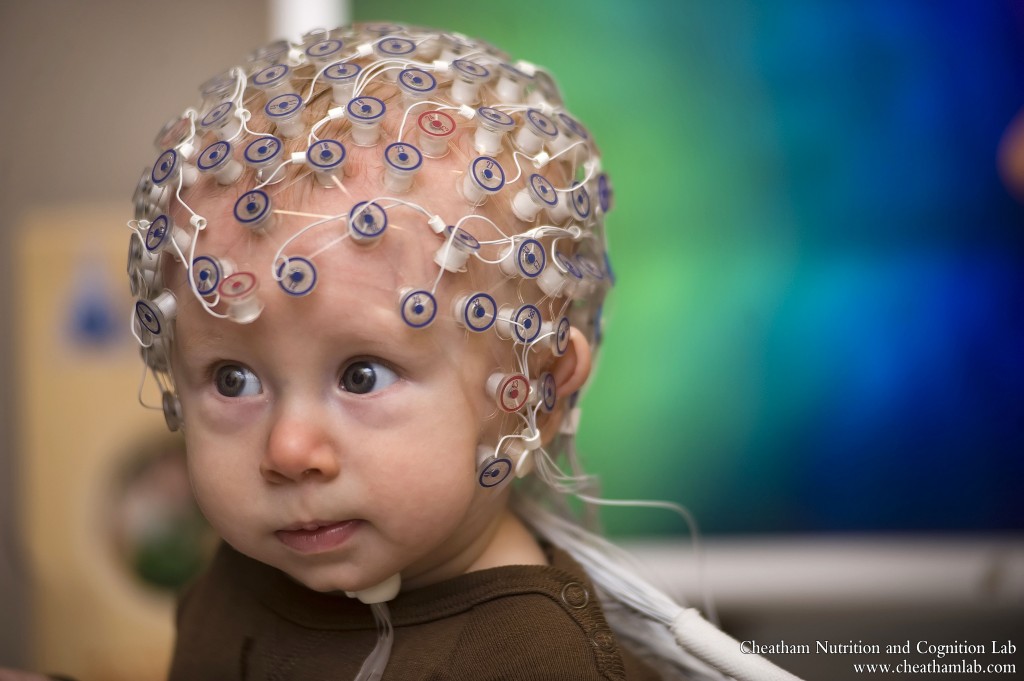We all know the brain works in mysterious ways, but every so often we are reminded of just how magical it is. This is particularly so when we examine it’s response to music in populations with Language disorders as a speech therapy technique. By now, you may have seen this video of American Idol contestant Lazaro Arbos’ audition. While his rendition of “Bridge Over Troubled Water” is astounding enough, watch what happens to his rather severe stutter when he begins to sing:
Supporting the Science of Speech: 10 Ways to Involve Your Child in Research
NewsHow do children learn new words?
What is the risk of a sibling developing Autism?
If you follow the news headlines you likely already know that developmental research- the science of how children learn and change overtime- is booming. In addition, the causes and implications of developmental disabilities- why some children develop disorders and some do not – is even more dynamic. If you have ever considered involving your child in research, now is the time. Participating in research can be a fun and exciting experience for children of all ages and takes place all over the country. Clinical practices and methods in speech pathology rely heavily on research into how the normal brain and disordered brain works. Child scientists are vital to our communities and can help shed light onto the most pressing developmental issues and help improve speech therapy techniques.


